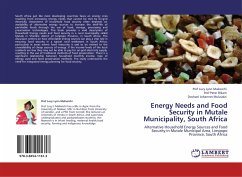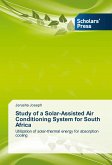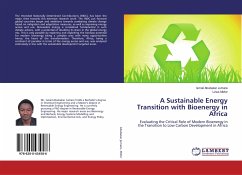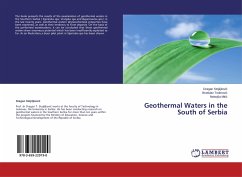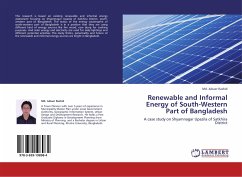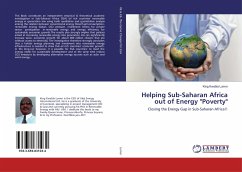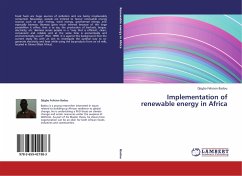South Africa just like most developing countries faces an energy crisis resulting from increasing energy needs that cannot be met by on-grid electricity. Attainment of household food security often depends on availability of alternative energy sources to increase the shelf-life of perishable foods through the use of food; storage, processing and preservation technologies. This book provides a vivid description of Household Energy needs and food security in a rural municipality called Mutale in Vhembe district of Limpopo Province, in South Africa. The discussion centers on how affordable energy sources can play a vital role in ensuring food security in a typical rural settlement in South Africa, particularly in areas where food insecurity is said to be related to the unavailability of cheap sources of energy. If the income levels of the local residents are low they may not be able to pay for on-grid electricity supply, resulting in the use of traditional methods of food preservation. There is a significant relationship between household monthly income, type of energy used and food preservation methods. The study underscores the need for integrated energy planning for food security.
Hinweis: Dieser Artikel kann nur an eine deutsche Lieferadresse ausgeliefert werden.
Hinweis: Dieser Artikel kann nur an eine deutsche Lieferadresse ausgeliefert werden.

